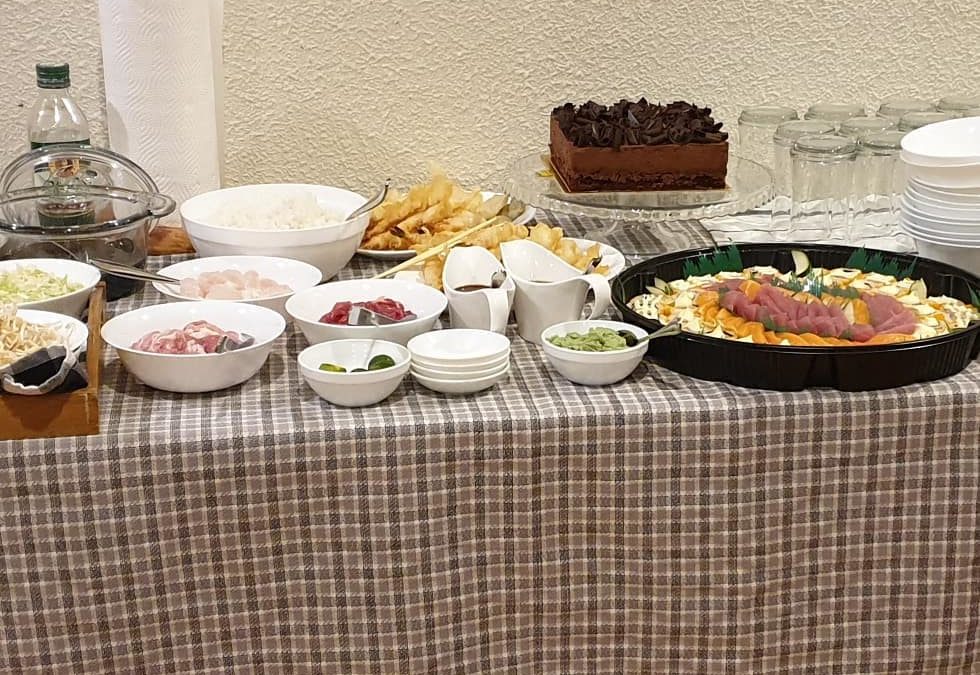In school, the kids learn how to read, write, and do math. However, some schools also have Home Economics or Work Education subjects in their curricula. These subjects may seem disconnected from the rest of the curriculum, but these are very crucial, for they teach students practical skills, which they will need when they grow up. So, dear parents, here is a simple guide on how to reinforce your kids’ Work Education lessons and teach them life skills.
Never Do Their Assignments for Them

The first thing you need to remember, dear parents, when trying to reinforce what your children learn from Home Economics and Work Education classes, is to never do their assignments for them. These assignments are meant to reinforce their learning, so let them do them on their own, even if knives, fire, or saws are involved. Children will need to use these in the future, so try not to overprotect them. However, supervise them as they work, to make sure they come to school with all 10 fingers intact. If they do ask for help, help them, but make your assistance a teaching opportunity by providing guidance, not substitution.
Encourage Experimentation in the Kitchen

Work Education/Home Economics also includes cooking as part of their course outlines, just like when I was in Grade School, when our Work Education teacher, Mr. Fred Laureles, taught us how to cook rice without a rice cooker, make garlic fried rice, and even a basic sandwich. The best way to practice these cooking skills is to experiment in the kitchen, so let the young ones practice what they are learning by allowing them to cook their own meals. However, please supervise them,for their safety, and also to ensure that they don’t cook like Squidward.
Allow Them to Help Out in the House

Another way to reinforce what the kids learn in Home Economics is to allow them to help out in the house, especially if they volunteer to do so. This will teach them multitasking skills, especially for chores like cooking, for you can do so many things while the baby-back ribs are baking, like cleaning up, or setting the table. Also, this will allow them to practice what they learned. After all, Work Education/Home Economics is learnt by doing, not by theory.
Relate What They Are Doing With Their Dreams

Finally, one of the best ways to reinforce what the kids learn in Home Economics/Work Education is to relate what they are doing to their dreams. For example, if your child wants to become a doctor, and sewing is what they are learning, you can remind them that doctors need to know how to sew, since doctors sometimes stitch up wounds or surgical incisions. As a result, if kids can relate what they are doing to their passions, then they will be more motivated to learn, since they have the passion to pursue their dreams.
Learning Practical Skills Will Help the Kids in Life
In the end, Work Education/Home Economics is one of the most important subjects in the basic education curriculum, since the skills learnt there, like cooking, sewing, woodwork, and basic electrical work, will be used by students as they end up managing their own households. So, dear parents, it is important for you to reinforce what the kids learn in Home Economics/Work Education to help them become independent. After all, like what my mother would say, masculine and feminine chores don’t exist for everyone needs to know how to change lights, cook, or sew. In this day and age, living alone is becoming more common, so it is helpful to know these skills.
